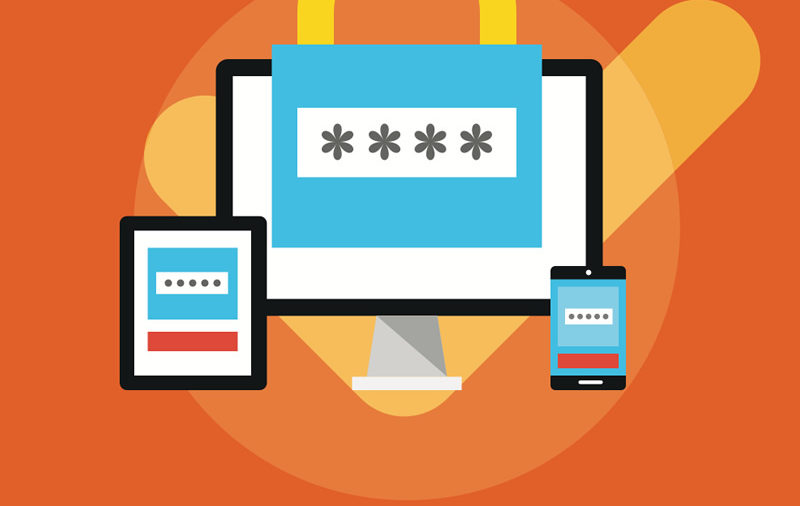It is recommended that everyone use strong passwords to protect your computer accounts, which includes email, online banking, and any other site that has your sensitive data.
What’s in a Strong Password?
Passwords are our first line of defense. In a manner of speaking, we are only as strong as our weakest password. If unauthorized access is gained to a computer on our network, that person establishes a foot hold to launch attacks against other (and perhaps more critical) systems on the network.
You can help strengthen our defense by using strong passwords. Microsoft defines strong passwords that are at least eight characters long and that contain at least three of the following four criteria.
- Uppercase letter (A-Z)
- Lowercase letter (a-z)
- Number (0-9)
- Special symbol (!, @, #, $, %, ^, &, *, (, ), -, +, =, etc.)
Let’s start by examining an example of a weak password. Even though it may seem good, b4ucme2! is not a strong password because it only has lowercase letters and numbers. To qualify as a strong password, it would also need an uppercase letter or a special character.
B4Ucme2! qualifies as a strong password because it contains uppercase letters, lowercase letters and numbers. Ispend$2 is another example of a strong password.
One last note… spaces are permissible. If you use spaces, however, avoid using words that are found in a dictionary (English or any other language).
Think of other examples of strong passwords… and begin using them. After all, the plus of a network is that we are all connected… whereas the minus of a network is that we are all connected!

